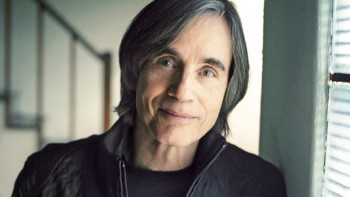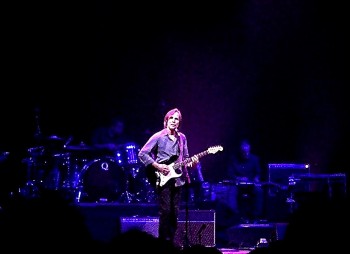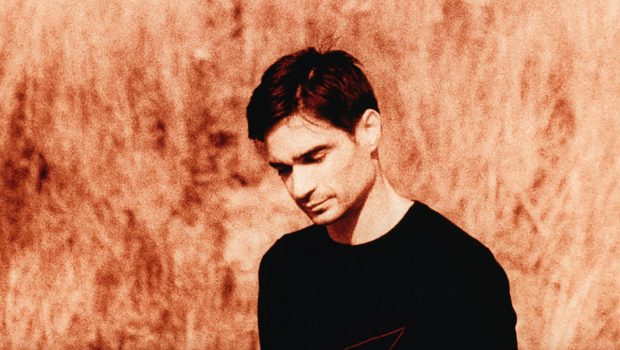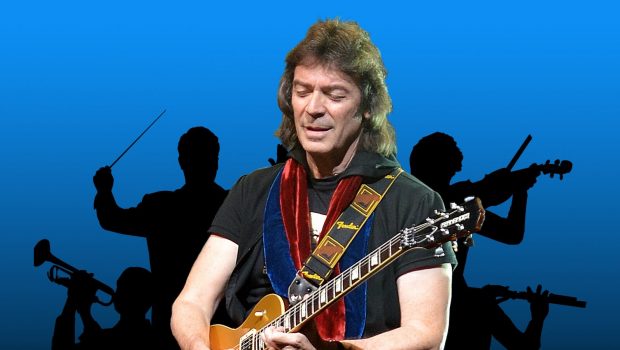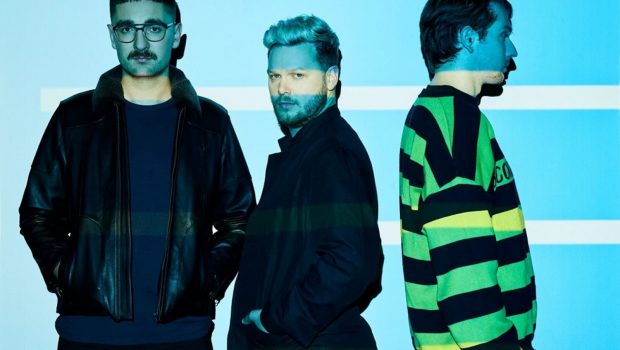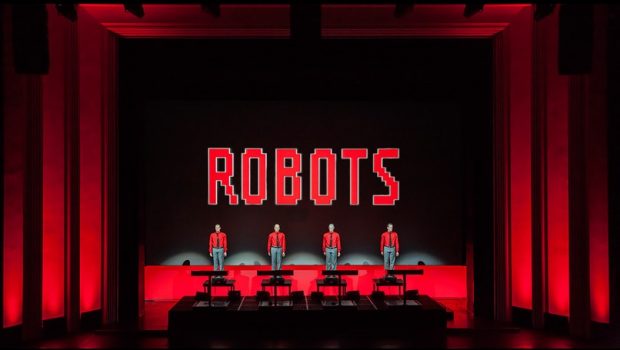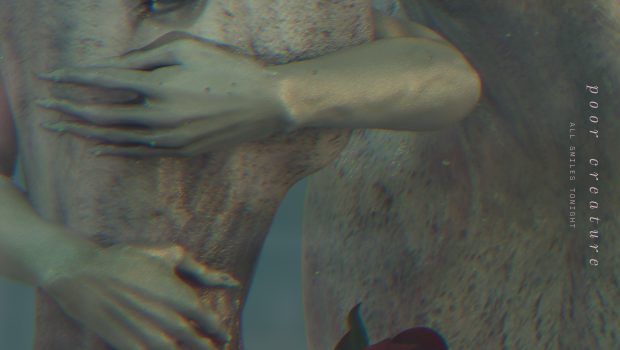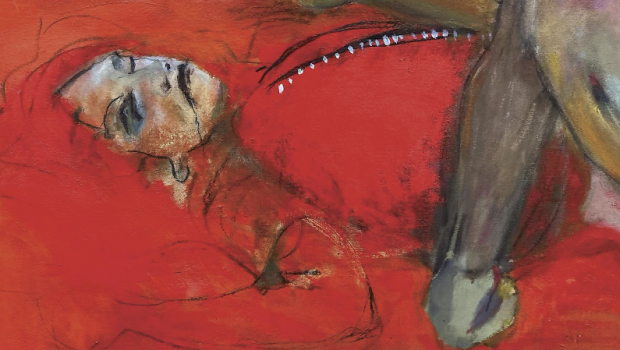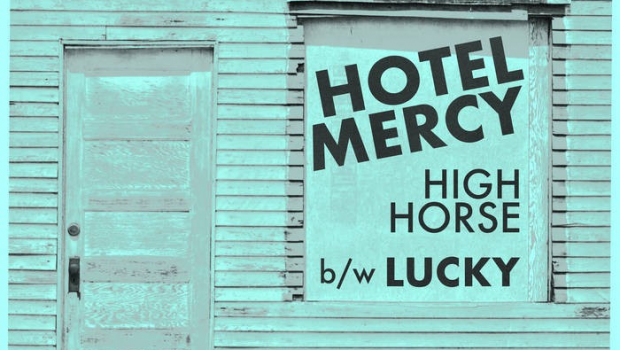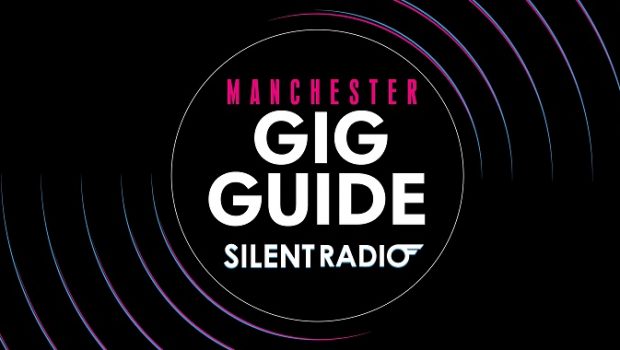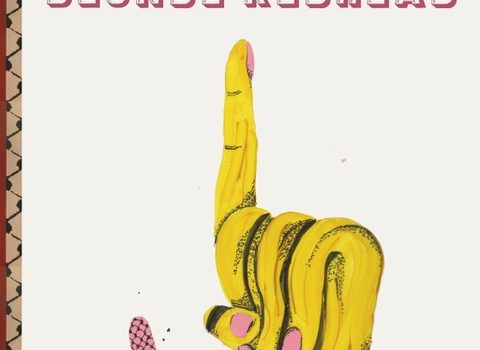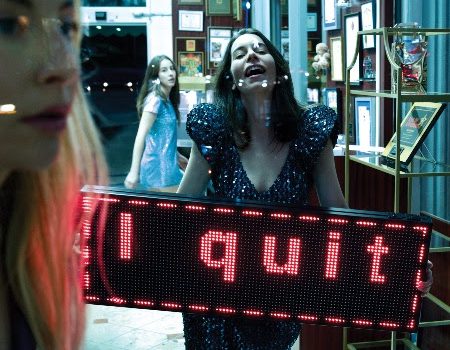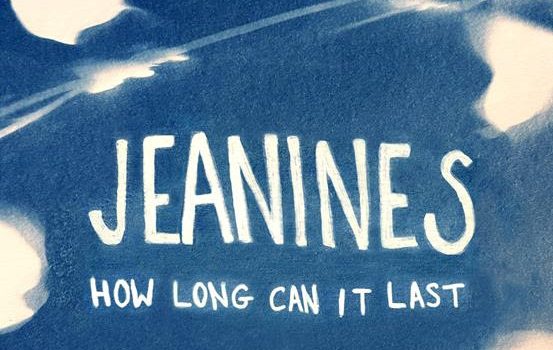– THE BRIDGEWATER HALL, MANCHESTER –
Composing his reflective songs on piano or guitar, Jackson Browne has been exporting his music from California since the early 1970s. Regarded as classics, albums like Late for the Sky and The Pretender rightly stand alongside works of Laurel Canyon contemporaries like Joni Mitchell and Neil Young. In a lengthy and moving tribute to Browne on the occasion of Browne’s induction into the Rock and Roll Hall of Fame ten years ago, Bruce Springsteen recalled his impressions of Browne’s gigs when they toured together in the early days:
“Being a little competitive, the first thing I noticed was that Jackson didn’t have much of a show. He just stood there in baggy jeans and T-shirt singing his serious songs. That was it.”
And on Browne’s songwriting, in the same speech Springsteen commented:
“In his slow, meticulous crafting of the songs, Jackson was one of the first songwriters I’d met who demonstrated the value of thinking hard about what you were saying. I’d go to his house and he’d play me a verse. I would come back a month later and he’d play me two more lines. The song would show up two albums later. He took his time.”
Tonight’s gig is at The Bridgewater Hall, home to the Hallé, BBC Philharmonic and Manchester Camerata orchestras. I arrive ready to settle into my seat in anticipation of an evening of careful listening and of Browne taking the role of conductor to the skilled backing musicians I’d seen advertised for this tour. The question in my mind that I’m expecting to be answered by the time the band leaves the Hall a few hours from now concerns whether or not the quality of the songs and the playing will win me over despite the low-key Jackson Browne show I’d been led to expect by Springsteen and others.
With no support act beforehand, Browne, with his familiar surfer haircut and casual clothes, arrives on stage with his band mates shortly after 7:30pm. Although without long-time collaborator and musical mentor David Lindley on this tour, the ticket price (about £40) makes sense when we see that Browne has brought five other musicians plus two soulful backing singers on the road with him. Notably the band includes Bob Glaub, a member of Browne’s band from 1977’s Running on Empty tour and whose list of musicians he’s played bass with since the 70s reads like a who’s who of popular music. We also have in-demand guitarist Greg Leisz, who tends to get the call whenever a pop band needs some pedal steel on its record, with Beck, Daft Punk and Haim being recent examples. My friend comments that Val McCallum on guitar looks like Arcade Fire’s Win Butler.
Browne plays acoustic guitar on the opening, nostalgic ‘The Barricades of Heaven’ before moving to piano for ‘Looking into You’, a love song that dates all the way back to 1972’s self-titled album. His voice still has all of the yearning warmth that it had back then, and what little it has lost in purity it has gained in an extended low-end resonance at the end of some lines. Promoting new album Standing in the Breach, the band gives the record early representation through a couple of songs, the latter of which is ‘Leaving Winslow’, a song inspired by memories of the nomadic railroad men Browne would see under the trestle bridge two blocks from his childhood home.
Up next is a cover of a song by Warren Zevon, a man Springsteen calls the Cain to Browne’s Abel: ‘Carmelita’ tells of a down-and-out LA heroin addict seeking comfort in a woman. My undoubted highlight soon arrives as Browne takes to the piano to play ‘For a Dancer’, a beautifully written tribute to a dead friend in which the lyrics manage to be simple and direct whilst still being wide-eyed and profound. The aching Lindley violin solo on record is replaced tonight by a lovely pedal steel solo from Leisz.
In all the band play their way through seven songs from Standing in the Breach, including ‘The Birds of St. Marks’, a song Browne says he wrote about 40 years ago despite only releasing it last month, and the environmental and political concerns of ‘If I Could Be Anywhere’, which, wonderfully, strikes me as a song that could have been written by a sixth-former rather than by a sixty-something, such is the hope expressed by the words and the complete lack of any cynicism.
If I have a criticism, it’s that the playing style of the musicians is at times overly reassuring and sentimental. I feel like I want the arrangements to be more experimental and for the band members to play a little looser, with more freedom to express themselves. It’s all rather safe and predictable in parts, somehow making some of the songs sound dated, even if they do not sound so on record. But Browne’s fans know exactly what they are going to get at a concert: classic songs played impeccably. And hearing songs like ‘Rock Me on the Water’, ‘Fountain of Sorrow’ and of course ‘For a Dancer’ played live is worth every penny of the ticket price.
Jackson Browne Official | Facebook | Twitter
